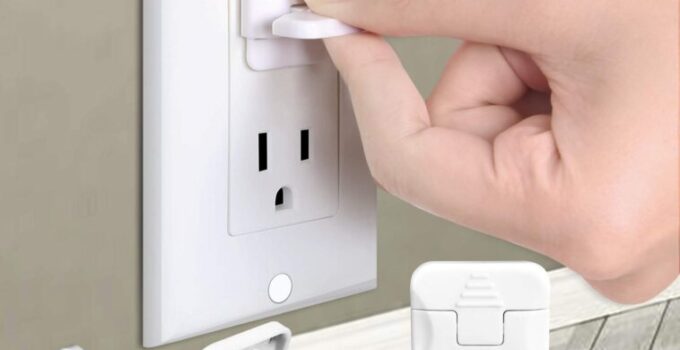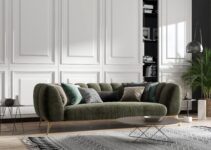Rubber plugs are differently shaped pieces of rubber – each with their own unique design based on what they will be used for. Usually, they are used to cover edges or certain parts for different equipment. However, that is not their sole purpose. Many of these can be used in everyday life as a matter of fact. They’re pretty versatile for such a small piece of rubber as you will see in this article. One of the things that make them so versatile is the fact that there are several different types, shapes and sizes. Today, we’re going to about what types of rubber plugs are there and how they can be useful in the day-to-day life of regular people.
First of all, let’s take a look at different types of rubber plugs.
1. Plus Plugs

Source: pexels.com
The plus plugs are known for their unique, circular pull-tab design. That is what makes their installation really simple and easy. Plus plugs are really easy to produce and ship, as well. It’s really easy to install and remove them.
2. Flange Caps
This is a type of rubber cap or plug whose design simplifies the attachment and removal of the cap. There is an interior lip on the open end that offers an excellent seal to prevent any debris from entering the component. The flanged head allows the cap or the plug to be detached manually with ease.
3. T-Plugs
T-Plugs have a unique design that makes it easy for them to be inserted in any component. Rubber T-plugs are a low-cost and reliable means of protecting tubing ends, threads and ports, particularly during transportation and storage. These T-plugs are available in a wide variety of sizes.
4. Pull Plugs
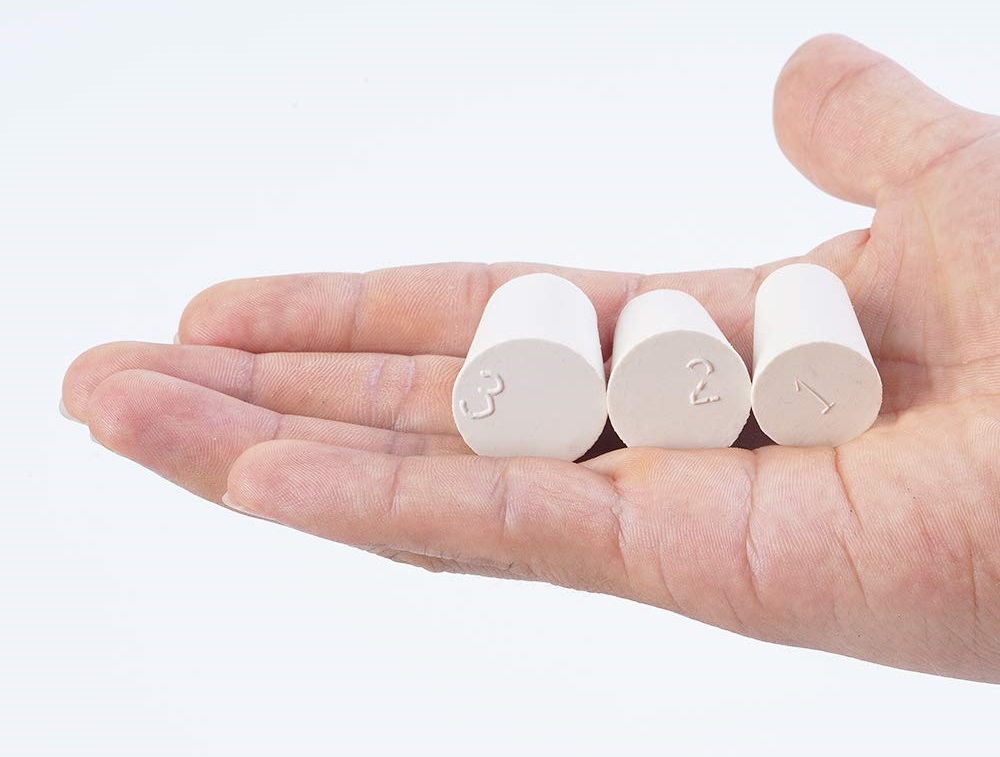
Source: pinterest.com
Pull plugs are slightly longer, rubber plugs with a feature resembling a handle. They are mostly used to close both ends of a hole. This handle makes it very easy for the plug to be inserted or pulled out. A plug that’s a little bit wider than the size of the hole offers an excellent seal. Rubber pull plugs are especially suitable for plugging both threaded and non-threaded holes. EPDM rubber pull plugs are chemically resistant and can withstand temperatures of over 200 degrees Celsius.
5. Side Pull Plugs
These are virtually the T-Plugs only with pull tabs. They are specifically crafted for quick and easy removal in hard-to-reach areas. They are best suited for NPT threads and regular threads. Rubber plug manufacturers usually use low-density PE as the typical material for producing side pull plugs, but they could also use other materials as requested by their customers.
These aren’t the only ones available. You can even have custom made plugs, designed specifically for you with certain criteria in mind – like withstanding high temperatures or high pressure. Luckily for us, those we’ve previously mentioned and many more are made by companies such as Etolrubber, so they’re also not hard to find. Now, as we can see, most of these are used in an industrial setting, but what about everyday use? Let’s take a look at how these little things can be of help in a regular household.
6. Seal Holes
When you think of a word plug, it’s pretty self-explanatory what a thing with that name does. It plugs, seals, closes or shuts certain holes and openings. That is essentially the main use for these things. Any hole, given the fact that is small enough, that you find around your household can be tightly sealed with one of these products. Whether it’s a hole in the wall, perhaps a door or a window or even a hole in the wooden floor, it can be sealed shut with one of these versatile little guys. Maybe you’ve drilled a hole in your desk for your mouse and keyboard cables and now you’ve gone wireless and now the hole is bothering you – easy-peasy, just use one of these bad boys.
A proper plug will be a very efficient seal, no matter where the hole, crack or an opening is located. The good thing about them is they’re really easy to use, you just pop them in and that’s it.
7. Protect Your Floors
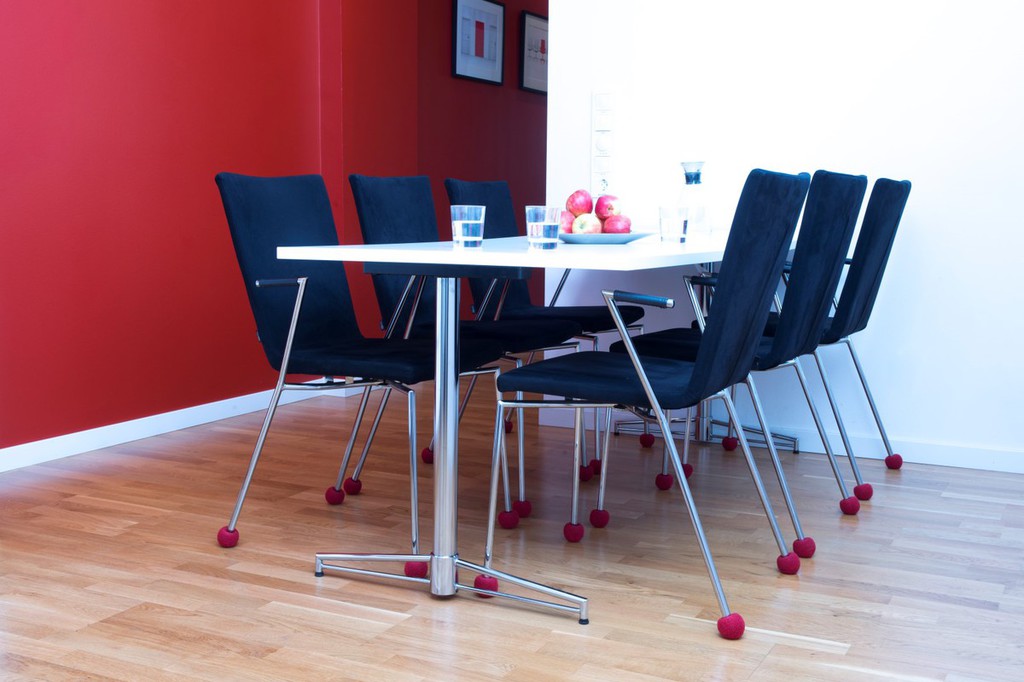
Source: doxacoustics.be
If you have wooden floors you know how susceptible they are to scratches. Especially if you’re lazy like me and you’d rather slide any piece of furniture rather than picking it up. It’s safe to say my floors look like there was a wild animal running around for quite some time. Luckily for you, yours don’t have to look that way. All you need is a couple of rubber plugs, pop them on the legs of the chairs, coffee tables, tabourets or anything else you might move around more often than you should and keep your floor scratch-free.
8. Level Your Furniture
Another great thing about these rubber components is that not only they protect your floors – they can also improve your furniture stability. We’re talking about those loose legs on coffee tables that annoy us more than anything else. the days of folding paper and propping up one of the legs are over. Just pop one of the rubbery friends on the loose leg and be done with it. You can even use more than one if the table is really wobbly, but at that point, it might be better to change the table altogether.
9. Seal Various Containers
All of us have at least one plastic container, a jar or a bottle with the lid or the cap missing. Instead of throwing away the jar or a bottle, use a rubber plug to seal it. A tight seal might even turn out to be a better option than the thing that want missing.
10. Baby Proof The Household
You don’t start noticing the sharp edges around the house until there’s a little human being running around carelessly around your furniture. Slap these on the sharp edges and stop worrying about cuts and bruises.
11. Use It As A Door Stopper
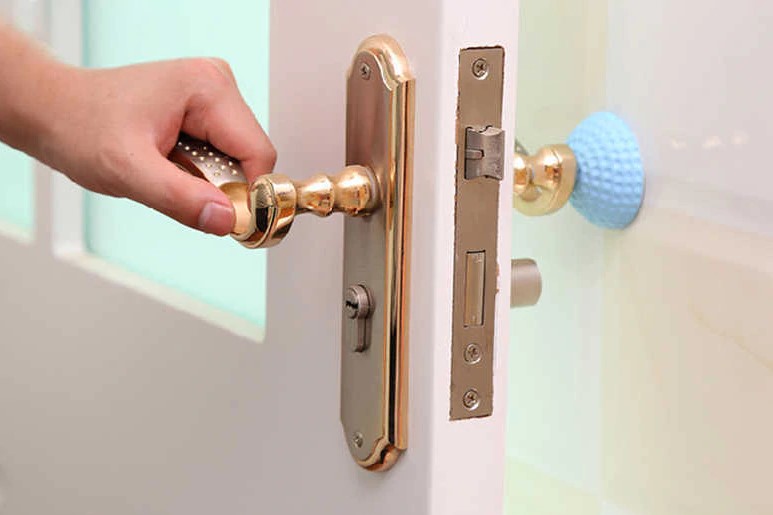
Source: aliexpress.com
You can easily glue one of these plugs to the floor and use it to protect the wall from the door constantly denting it.
As you can see, if you’re creative enough, all of these can be used in many ways. If you have any of them lying around in the drawers in your home, hopefully, this has given you a few ideas on how to use them.

